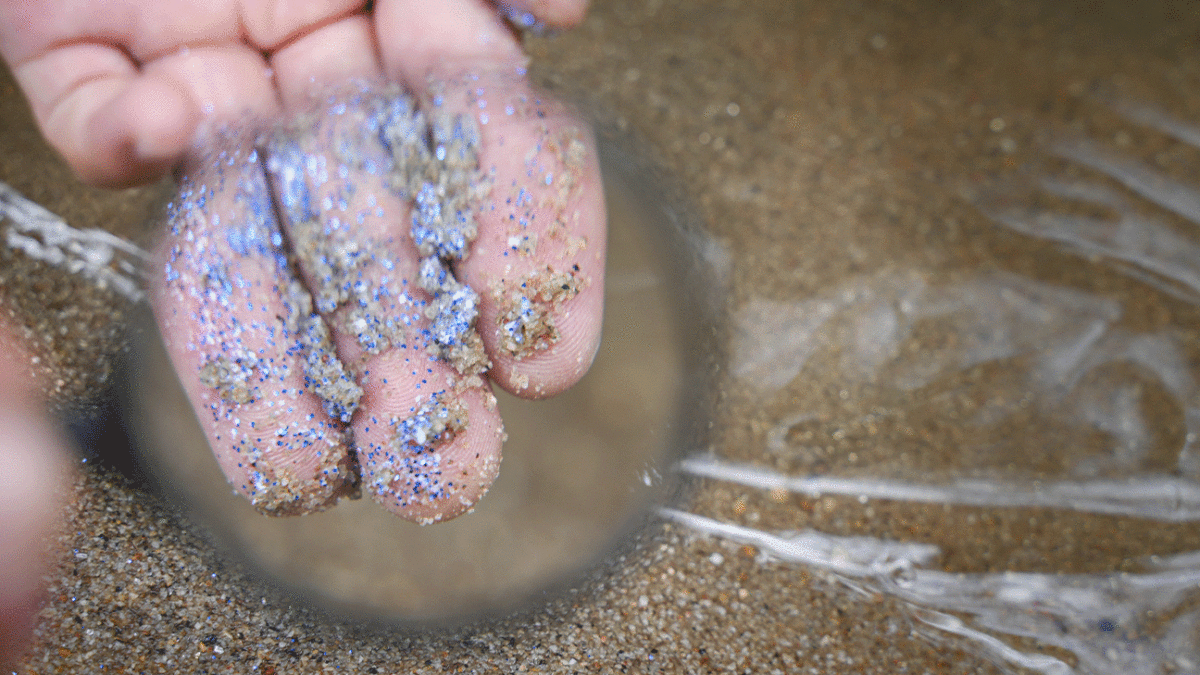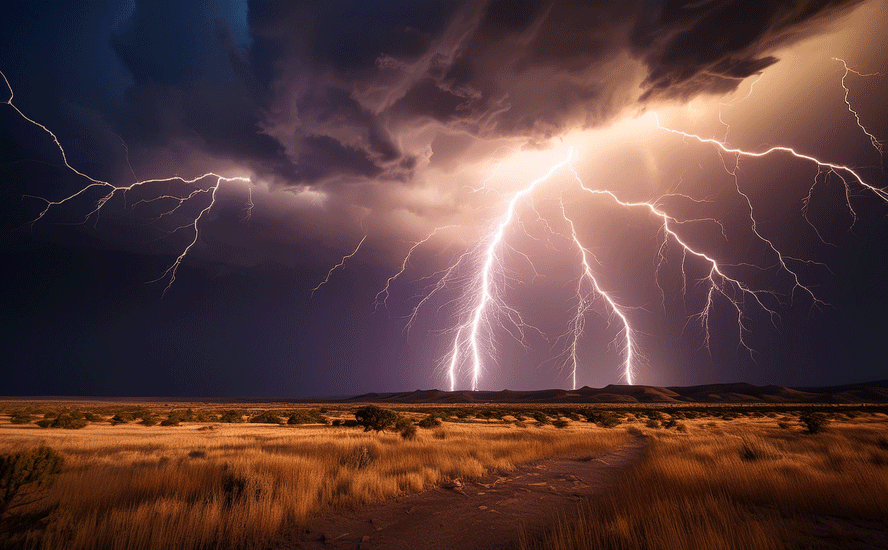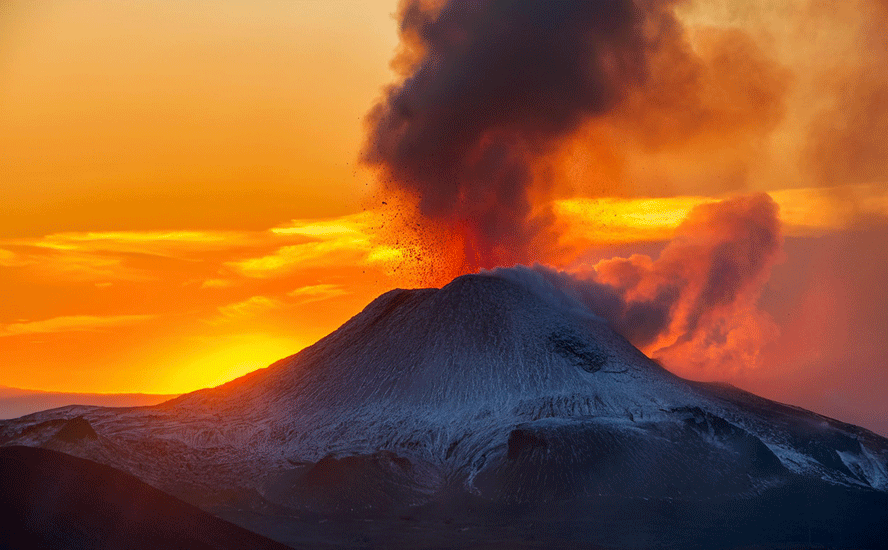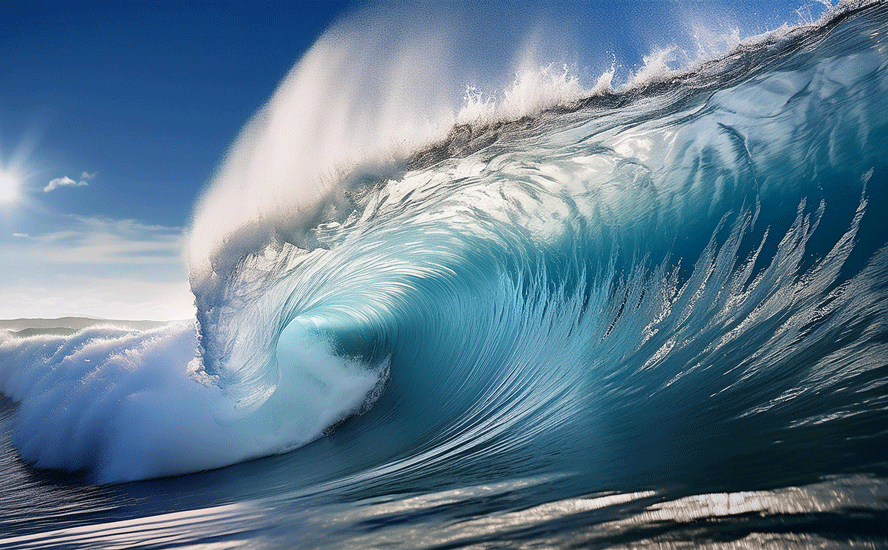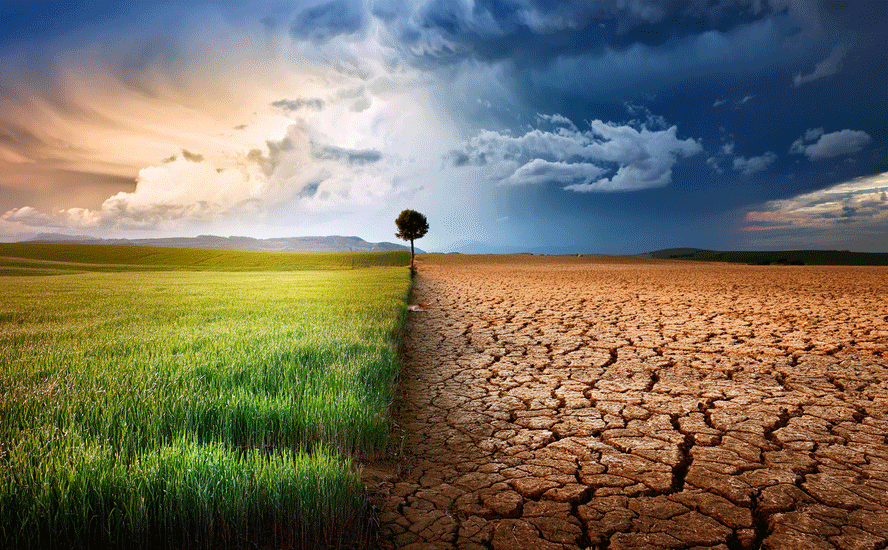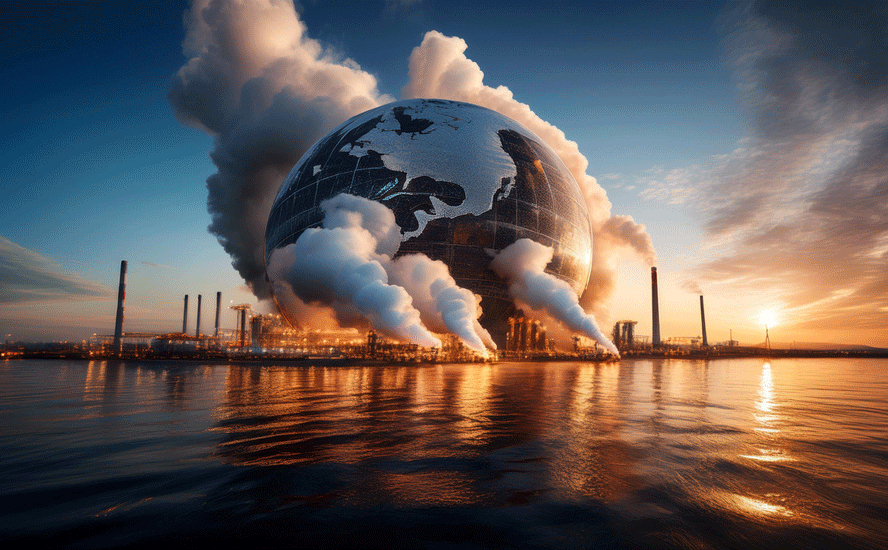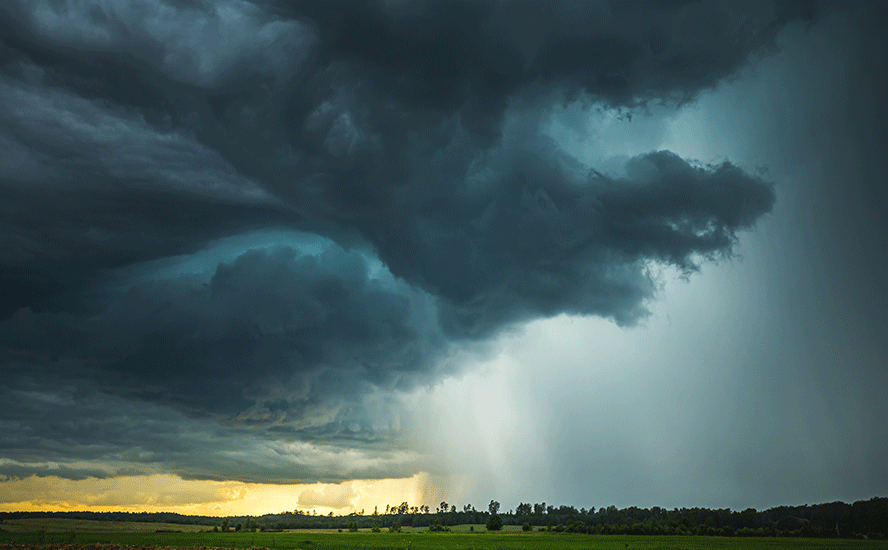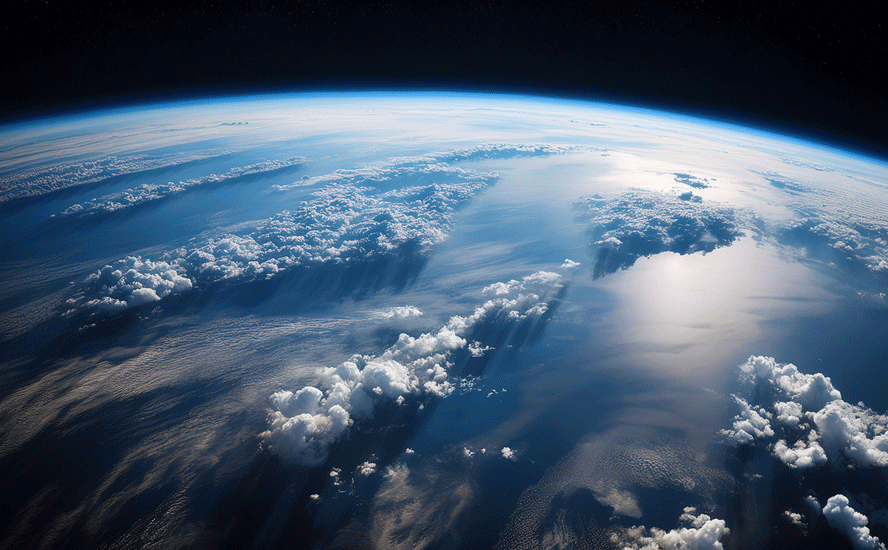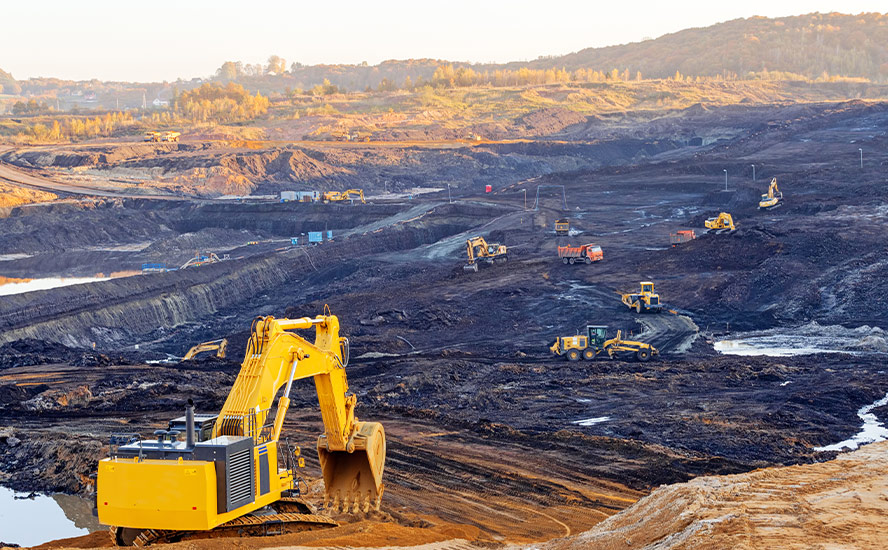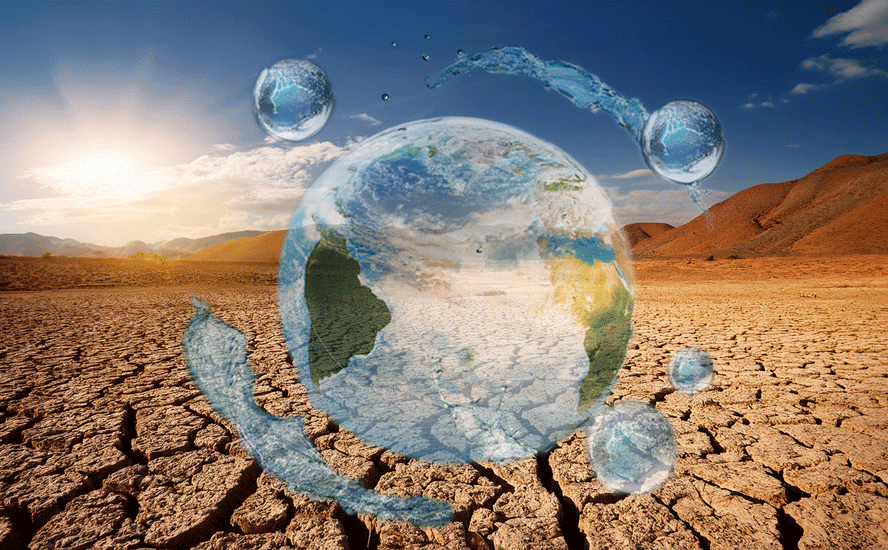What are microplastics doing to human health?
By Amina Zafar – CBC News
Plastic serves as a building block for our food packaging, water pipes, rubber tires and synthetic fabrics. But plastic also litters waterways, soil and air so humans and other animals wind up taking in tiny versions with unknown consequences.
People unknowingly ingest microplastics from what we eat, drink and breathe. Some scientists fear exposure to microplastics could increase vulnerability to heart disease, cancer and other illnesses. They’re working to connect the dots between microplastics and any health hazards.
At this week’s United Nations’ global summit on plastic pollution in Ottawa, delegates are working toward a treaty to address plastics from production to use and disposal.
Legal Notice / Disclaimer
Ahead of the Herd newsletter, aheadoftheherd.com, hereafter known as AOTH.Please read the entire Disclaimer carefully before you use this website or read the newsletter. If you do not agree to all the AOTH/Richard Mills Disclaimer, do not access/read this website/newsletter/article, or any of its pages. By reading/using this AOTH/Richard Mills website/newsletter/article, and whether you actually read this Disclaimer, you are deemed to have accepted it.
Related posts
March 26, 2025
February 23, 2025
February 17, 2025
February 2, 2025
January 29, 2025
January 29, 2025
January 8, 2025
January 7, 2025
December 28, 2024
December 10, 2024
November 19, 2024
November 15, 2024
November 11, 2024
November 7, 2024
October 29, 2024
October 25, 2024

